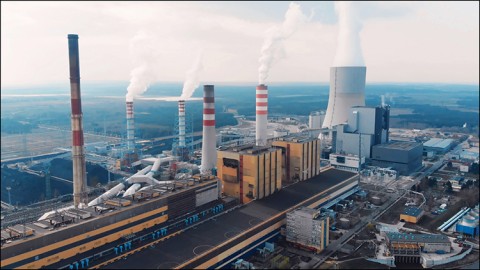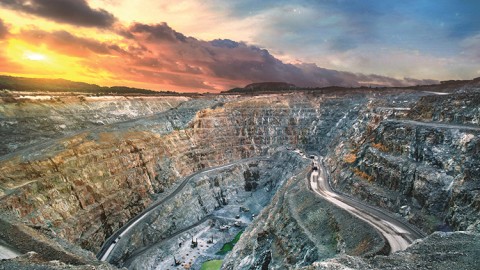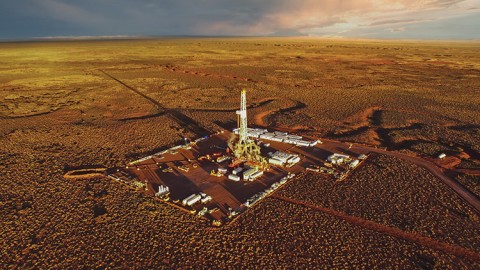Attracting investors in the oil and gas industry has been an ongoing chess game for decades. With worldwide pandemics, financial crises, stock crashes, and technological advances, it becomes a question of which piece must be sacrificed to save the king. There is no denying that oil and gas businesses are finding it difficult to get investors. The energy environment is changing, and oil prices are still erratic. According to a PwC poll of oil and gas sector experts and company executives, both groups are aware that finding investors would be difficult in the future. Though many are making progress, others aren’t quite there yet. Oil and gas businesses should keep searching for fresh approaches to up their game in order to regain investor trust and funding.
General Overview
Firstly, Tarek El Molla, Minister of Petroleum and Mineral Resources, said that in order to fulfil the goals, wishes, and dreams of the people for stability and progress during this time, everyone must work together. El Molla conveyed that attempts to create a favourable investment environment to boost the appeal of the Egyptian oil and gas sector in the eyes of foreign firms to gain many investment opportunities that add value to the quick motion of exploration and discovery in numerous land and sea areas of Egypt and to speed up the pace of business, establishing the explored resources, are crucial and essential.
Keeping this in mind, El Molla indicated that the activity to convey gas to households under the umbrella of national goals has achieved an unparalleled record, as the distribution levels were raised to approximately 1.2 million clients annually during the financial year 2021/2022, with preference given to cities and towns that gas had not previously managed to reach, generating a new record.
Furthermore, the sector has to look closely at actual revenues and costs at a micro level, in ways hardly anyone in the sector have achieved before, in order to provide attractive profitability independent of fluctuations in the price of oil. Utilizing already-existing—yet immense information on all interactions, one must decide if such actions and resources are accretive or dilutive in order to obtain a “high-resolution image” of the firm.
Incentives: A New Spin
While the Ministry of Petroleum and Mineral Resources (MoP) has that it will take steps towards increasing investment opportunities to attract investors, the next question is: how? With Egypt just stepping out of the pandemic and entering a phase of inflation (which is of great concern to both local and international investors), how can opportunities in the oil and gas sector be deemed attractive enough to appeal to investors? The short and simple answer: incentives.
As suggested by a Data Scientist in the oil and gas sector, “In 2023, for eligible entities that want to maybe expand [their] investment portfolios more than the traditional investment areas, [I believe that] if people continue to invest in local oil and gas exploration and production, this may be the most rewarding steps to take so that the investment is worth it.” The approach to petroleum agreements needs to have provisions that boost and motivate international allies to spend in order to begin putting this strategy into action. This is particularly important considering the high cost of explorations development overall and the deep-water zones (especially in the Mediterranean), as well as the potential risk. In order to achieve an adequate financial return, a few provisions were included in the new contracts. This motivates the international partners to increase their incentive to invest and begin production as quickly as feasible in order to meet national market demands, particularly for gas, and to keep an equilibrium between the interests of all stakeholders.
Keeping that in mind, a bold strategy was implemented inside a framework of the strategic goals of the MoP in the petroleum agreements and to attract more ventures in order to favourably and successfully aid in the exploration of Egypt’s oil and gas deposits and to fortify Egypt’s security of supply. This initiative aims to achieve equitable regional growth distribution while also strengthening Egypt’s energy security.
Overall, large oil company capex in 2022 was approximately 50% of the historical norm. In 2023, E&P expenditures will rise. Although the conclusion of COP27 was underwhelming since the objectives for reducing carbon emissions were not raised, it indicated that the majority of nations still saw oil and gas as being significant in the coming decades. Reservations over energy security also contributed to the lack of consensus for the phase-down of oil and gas, and the COP27 agreement now contains a clause to promote “low-emissions energy,” which is understood to include natural gas.








